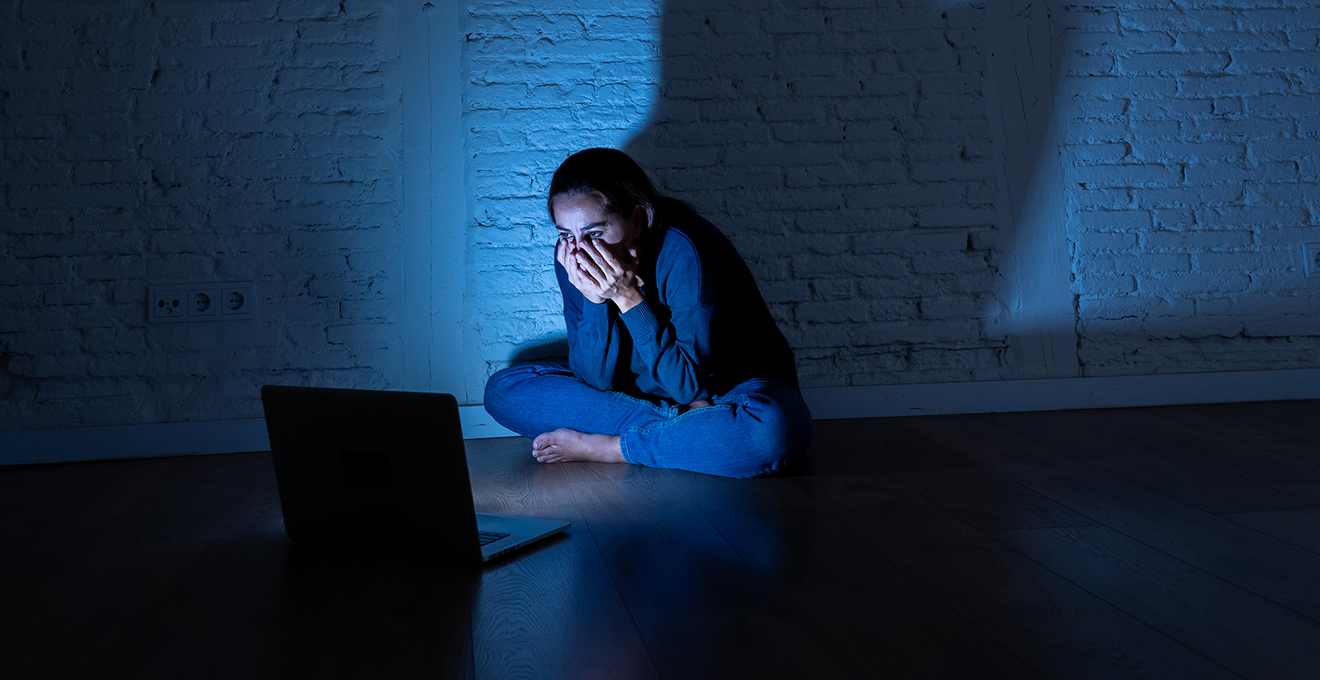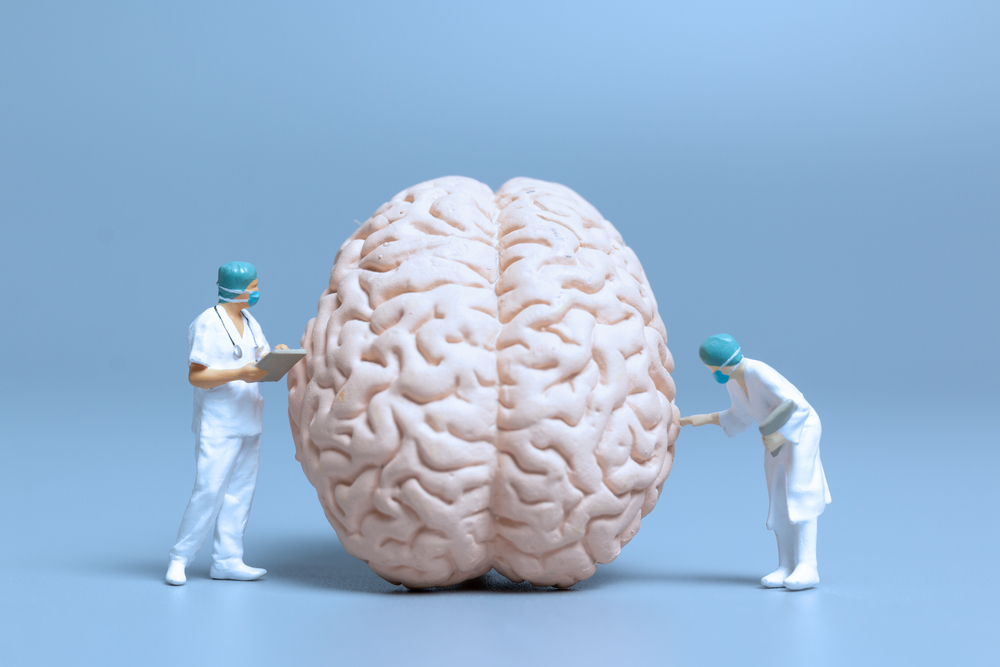Breaking Down the Mental Impact of a Midlife Crisis
Author : Dr Tulika | 24 Jul 2025

What is midlife crisis?
Midlife crisis is the term given for the transition and self confidence that happens in the life of a person when he/she reaches their middle age. The term ‘midlife crisis’ was coined by the psychologist and psychoanalyst Elliot Jacques, based on his experiences with his patients in the middle age group, as well as his own experience on reaching the mid-life. Mid life is generally considered to be between 40 to 60 years, but this is subjective and may occur slightly early or slightly late, depending upon the circumstances in a person’s life. For example, a person who got married and had children in twenties may feel this midlife crisis in their thirties.
What causes midlife crisis?
Midlife crisis generally occurs at the middle of a life span of a normal individual. In the earlier years, when a person is young, he/she has certain dreams, certain aspirations, certain expectations from life, and their own vision about how their lives should shape, in every aspect – career, relationships, children, financial status etc. the midlife period comes as an eye opener and gives a person time to analyse and determine in hindsight how much they have succeeded in achieving what they always meant to achieve. When a person realizes that approximately half of his / her life is over, and yet there has been no or very little success in any or all aspects of life, it works as a setback to the person. The stressors that precipitate midlife crisis can be varies.
Stressors that initiate and precipitate midlife crisis can be varied. It can be a work-related stress such as not reaching the desired stage in career as imagined, or not getting a due promotion. It can be due to the altered equilibrium in the relationship with spouse as both generally go through this middle age together. Children leaving their home for higher education or job can lead to a psychological depression from the empty nest syndrome. Death of parents can also be a trigger in this age.
Women going through menopause can also have the midlife crisis. This event has a great physical and psychological impact on women, due to the hormonal changes and the realization that their reproductive age is forever gone.
Midlife crisis comes from a realisation and awareness about things such as financial goals which are now deemed unachievable, or the realization about how fragile our body is. The physical evidences of aging of the body can make the people in this group more vulnerable to the fact that their body is aging, and the fear of death can also precipitate the symptoms.
It has been observed that people who smoke, drink alcohol heavily, do not exercise, and lead an unhealthy life are more prone to experiencing midlife crisis. Midlife crisis is also found to be culture specific in many studies, and it has been observed that Japanese and Indian people have less incidence of going through midlife crisis.
How does midlife crisis manifest? What are its effects on mental health?
There are multiple effects of midlife crisis on mental health.
1. Depression – depression is very common in men or women going through a midlife crisis. The trigger can be work related, spouse related or related to children, or even just intrinsic from the changes occurring in their body. The realization that they have less time left, probably almost half of their life is over, can also bring about depression.
2. Guilt – many people feel remorse, or guilt for the things they have been unsuccessful in achieving in their lives.
3. A kind of inferiority complex develops, they fear being ridiculed by the younger generation.
4. There is a longing to feel youthful again. To make themselves feel better, some may splurge on exotic things life luxury brands or exotic cars. Some may end up getting involved with a younger member of the opposite sex just to feel youthful again.
5. Sexuality – There are both types of effects on sexuality. Sexuality may be abnormally heightened, or there may be complete loss of libido owing to the suppressed mental turmoil.
6. Anger – Sometimes the frustrations of midlife crisis may make a person resentful and angry towards spouse, work colleagues, friends or family.
7. Redemption – some people may reflect upon the life gone by and try to rectify things they have committed in the past, for which they now feel remorse.
8. Some may experience aimlessness, or loss of purpose of life.
9. Some people might turn to spirituality as they may be plagued by questions about death and quintessential existence.
10. Feeling of dissatisfaction about everything – work, spouse, life.
11. Concern about appearance and how people look at you
12. Paranoid behaviour may develop.
Can midlife crisis be treated?
A trained psychologist can counsel and help a person to accept his/her own aging process with grace. Counselling can be helpful if a person is feeling depressed or angry owing to midlife crisis. Counselling also focuses on motivating the people going through crisis into finding the greater meaning of life and diverting their time and energy in to something more productive and helpful.
Eating healthy diet, exercising regularly, doing meditation and pranayama (breathing exercises) can also help to deal with the symptoms of midlife crisis. Thus, any person going through the middle age can be suffering from midlife crisis.
Midlife crisis can impact mental health in a big way, however, it can be prevented and treated if diagnosed on time.
















